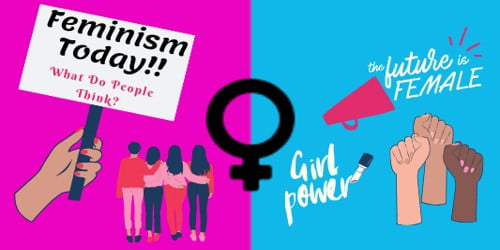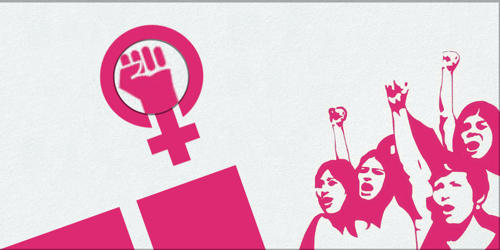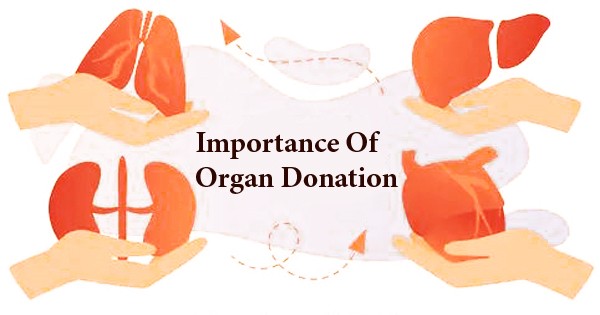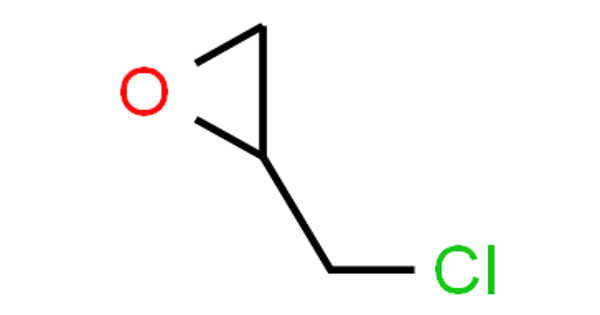Feminism Today
The term, “feminism’ is derived from ‘Feminismi’ a French word, which was coined by a utopian socialist named Fouriers. It is defined in the dictionary as ‘the equality between men and women, socially, politically and economically’. The word feminism was used to indicate support for women’s equal, legal and political rights with men. Feminism is a philosophical doctrine or a political movement. It has changed women’s expectations and perspectives on their lives.
Feminism was introduced in the US in 1895 as a rallying cry for women and a term of derision against them ever since. Feminism, in fact, resins too necessary to die of embarrassment, even if many have been scared away from the term. Feminism aims at individual freedom by mobilizing sex solidarity. It always aims at acknowledging diversity among women while stressing that women recognize their unity. Feminists also claim that many cultural beliefs in contemporary society benefit men and ultimately disadvantage women.
A woman is, as a nation being, capable of benefitting from education and of performing the duties of a citizen. Feminism involves more than a simple demand for legal and political equality, it involves the identification and removal of all aspects of women’s subordination. Some have made arguments and pointed out that the broader definition is simply a catch call. On the contrary, it will explain the decision of feminism into separate subsections.
Women are still not treated the same in the workplace. It is said that public-private definition is the single most important issue for feminism, and indeed that it is the end of what feminism all about. Gender inequality can be witnessed everywhere through the masculine spaces of mines and city workers, down to the feminized spaces of garment factories and primary teaching. The importance of the claim is that it draws attention to the link between the two definitions of feminism. An important aspect of the contribution of feminism to political theory has been its feminist political practice.
It has been a constant feature of modern societies. Incomprehension of the meaning of feminism leads to a lack of necessary female empowerment. First, there are organized campaigns for particular legislative measures to secure women the vote, or to give them property rights, or to make abortion legal or equal opportunities legislation as regards employment or welfare.
These campaigns have often been ignored by conventional political scientists and historians. Where they attended to, they dearly must count as political in the conventional sense, they are public interventions in the competition for the power to govern. Second, there are organized campaigns for other non-legislative but important social changes-more women into parliament and thereby into government, more women into other powerful social positions such as in the professions and education.
Third, there are many organizations connected to the pressure of formal social change, but mostly focused on informal change, self-help organizations like a telephone line, refuges for women sufferers of violence, a network for women in particular occupations. Fourth, these organizations and campaigns are supplemented and merge into cultural organizations and sites for women’s organizations and action publishing collectives, filmmakers and theatre groups, shops, cafes, and bars.
Feminism is still important today, even though the struggles are different from what they were in the past. Feminism is an equal treatment that needs is the advocacy of the claims of women to equality with those of men. If feminism exists the world will be a place free from chaos and confusion. Feminism today is simply about women having equal rights and being treated equally to men.
















